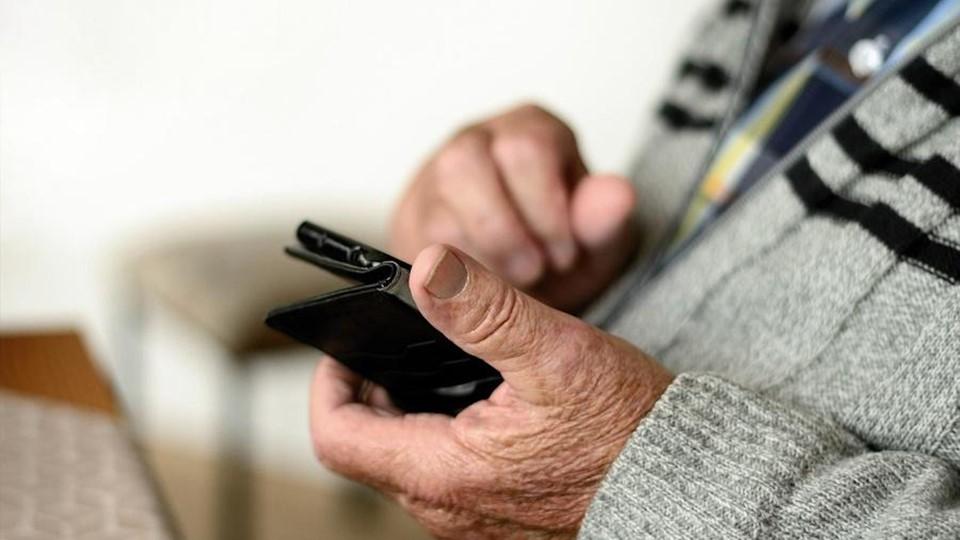UK pilot will seek digital dimension to dementia management

A new two-year research collaboration in the UK will attempt to develop digital tools that could be used alongside approved therapies for people with dementia.
The NEURii project will focus on digital and data-based approaches to “solve issues related to the prediction, prevention, management, and treatment of dementia-related disorders,” and is envisaged as a “launch pad” for new technologies, according to the partners.
The public-private initiative brings together pharma company Eisai – which could be mere days away from getting full FDA approval for amyloid-targeting Alzheimer’s disease therapy Leqembi (lecanemab) – with Bill Gates’ private office Gates Ventures, Health Data Research UK, medical non-profit LifeArc, and the University of Edinburgh.
“Providing data-driven solutions that complement existing treatments could help to improve earlier detection and diagnosis, evidence-based treatment decision-making, monitoring of disease progression, and maintenance of quality of life,” they said.
The academic lead for the project is Professor Siddharthan Chandran of the University of Edinburgh, who said the goal is to create “low cost and globally scalable digital tools to predict and monitor dementia.”
Along with its expertise in drug treatments for dementia, Eisai also has experience in the digital arena with its NouKNOW digital tool for self-assessment of cognitive performance, which is being used in a dementia monitoring programme in a district of Tokyo in Japan and provides brain health checks every five years to people aged between 55 and 75.
The UK project will draw on big data, artificial intelligence, and machine learning to develop digital tools that could be used not just to support people living with dementia, but also potentially to contribute to the “national data infrastructure” of the UK, according to the partners.
A key element will be the identification and validation of diverse digital biomarkers that could be acquired non-invasively in real-world clinical and non-clinical settings; for example, from speech patterns in everyday conversation.
Ultimately, the hope is that the fruits of the R&D effort will help to improve the lives of the approximately one million people living with dementia in the UK, and 55 million people around the world.
“This new public-private partnership aims to gain a deeper understanding of the disease through trustworthy use of large datasets of anonymised health data in secure environments,” commented Professor Andrew Morris, director of Health Data Research UK.
“We will take forwards a set of pilot projects and engage with the public," he added.
Image by congerdesign from Pixabay.













